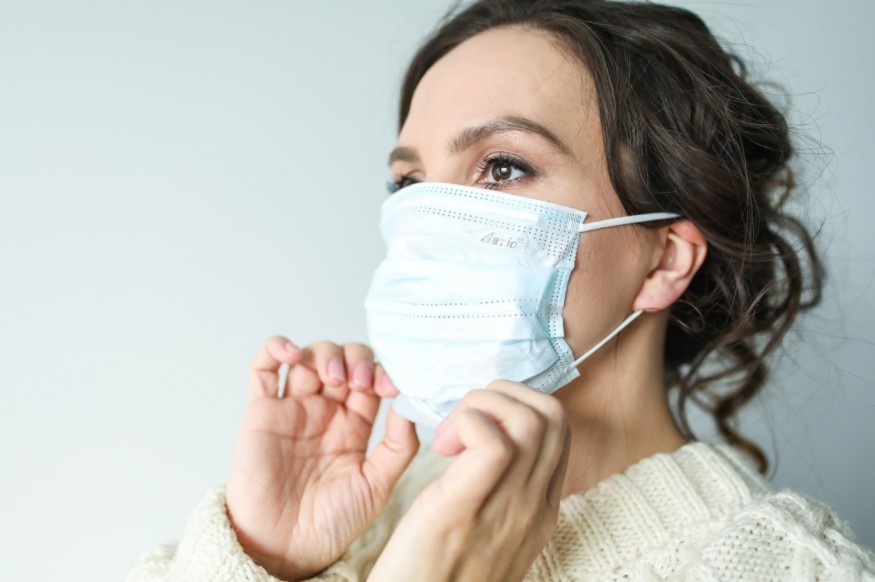
According to a new study by researchers from the University of Hongkong, the severe acute respiratory syndrome coronavirus 2 (SARS-CoV-2) that causes the COVID-19 can remain to the outer layer of a face mask for a week and stays on stainless steel and plastic surfaces for up to four days.
Common household disinfectants such as bleach are effective in killing the virus.
The team's research adds to the growing studies about the stability of the COVID-19 and what can be done to prevent its further spread in public. They published their research in the medical journal The Lancet on Thursday.
The team of researchers is composed of Leo Poon Lit-man, the head of the public health laboratory sciences division, and Malik Peiris, a clinical and public health virologist. They said that that Sars-CoV-2 can be highly stable in a favorable environment but can quickly die to standard disinfection methods.
Staying alive on different surfaces
Lit-man and his team tested the duration in which the virus could remain infectious at room temperature on different surfaces.
For example, the virus can last less than three hours on printing and tissue paper, while on treated wood and cloth, which is a standard cotton laboratory jacket disappears only by the second day.
Moreover, the virus is still evident on banknotes and glass on the second day and will be gone on the fourth day. While on plastic surfaces and stainless steel, coronavirus is always present between four to seven days.
On glass and banknotes, the virus was still evident on the second day but had gone by the fourth, while on stainless steel and plastic, it was present for between four and seven days.
The researchers also pointed out that "strikingly" there was still a detectable level of the coronavirus infection on the face mask's outer layer after a week. Peiris said, "This is exactly why it is very important if you are wearing a surgical mask you don't touch the outside of the mask. Because you can contaminate your hands and if you touch your eyes you could be transferring the virus to your eyes."
The study said that the concentration of the virus reduced quite rapidly over time on all surfaces. However, it does not necessarily reflect the potential to pick up the virus from casual contact as the presence of the virus is detected using laboratory equipment and not fingers or hands, as would be in the case in everyday life.
What should we do?
HKU research team's findings emphasize public health and hygiene, and what precautions people should take when bringing items from outside such as groceries into their homes. The study author said that hand washing still remains the top priority of the list as theoretically tin cans carry enough live virus to cause an infection.
Read Also: Scientists Discover 'Chronic' Mutation of Coronavirus in a Patient Who Was Contagious for 49 Days!
For more updates, like the Science Times page on Facebook or Sign up for our newsletter.
© 2026 ScienceTimes.com All rights reserved. Do not reproduce without permission. The window to the world of Science Times.











